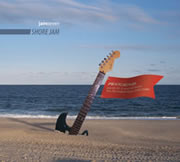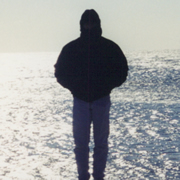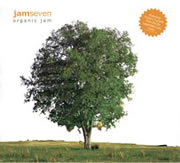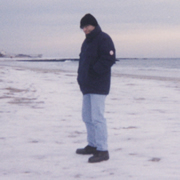©2011 Master Seven. All rights reserved.
Interview with Tom Beninate
Master Seven Interview by Susan Castellano
Copy Editor: Susan Castellano
Master Seven Interview by Susan Castellano
Copy Editor: Susan Castellano

Tom Beninate, the hidden treasure behind Jam Seven, released his first album, Organic Jam, in 2011. It has been followed by his most current album, Shore Jam. Tom wrote, arranged, and performed all 20 songs which include three instrumentals on each album. There is sure to be something between these tasty spreads to satisfy everyone’s musical taste buds. He has combined his passion for rock, pop, jazz, and classical music into two fabulous debut albums. I asked Tom, “What’s the secret to a good song?” His response was a quote from George Martin, the producer for the Beatles: “You need to write a bloody good song!” Well, Tom has done just that. In fact, he wrote 20 of them.
![]() Tom, thanks for sharing your experiences with me. I wish you lots of success.
Tom, thanks for sharing your experiences with me. I wish you lots of success.
![]() Thank you, it’s been a pleasure.
Thank you, it’s been a pleasure.
 You can buy Tom Beninate's Jam Seven CDs at:
You can buy Tom Beninate's Jam Seven CDs at:
http://store.jamseven.com
July 4, 2011
Jam Seven's website:
jamseven.com
You're at Part 1
Go to Part 2
Go to Part 3
Go to Part 4
 Shore Jam details
Shore Jam details
listen to Shore Jam
Jam Seven's website:
jamseven.com
You're at Part 1
Go to Part 2
Go to Part 3
Go to Part 4
 Shore Jam details
Shore Jam detailslisten to Shore Jam
I designed the product you mentioned for a packaging company I was working for. I saw how the sales and marketing effort for it began and continued over time. That effort brought in millions of dollars in sales for that company. Independent songwriters and bands actually have to go through a similar process. If there is no effective sales and marketing effort your song or CD will simply stay on your desk.


